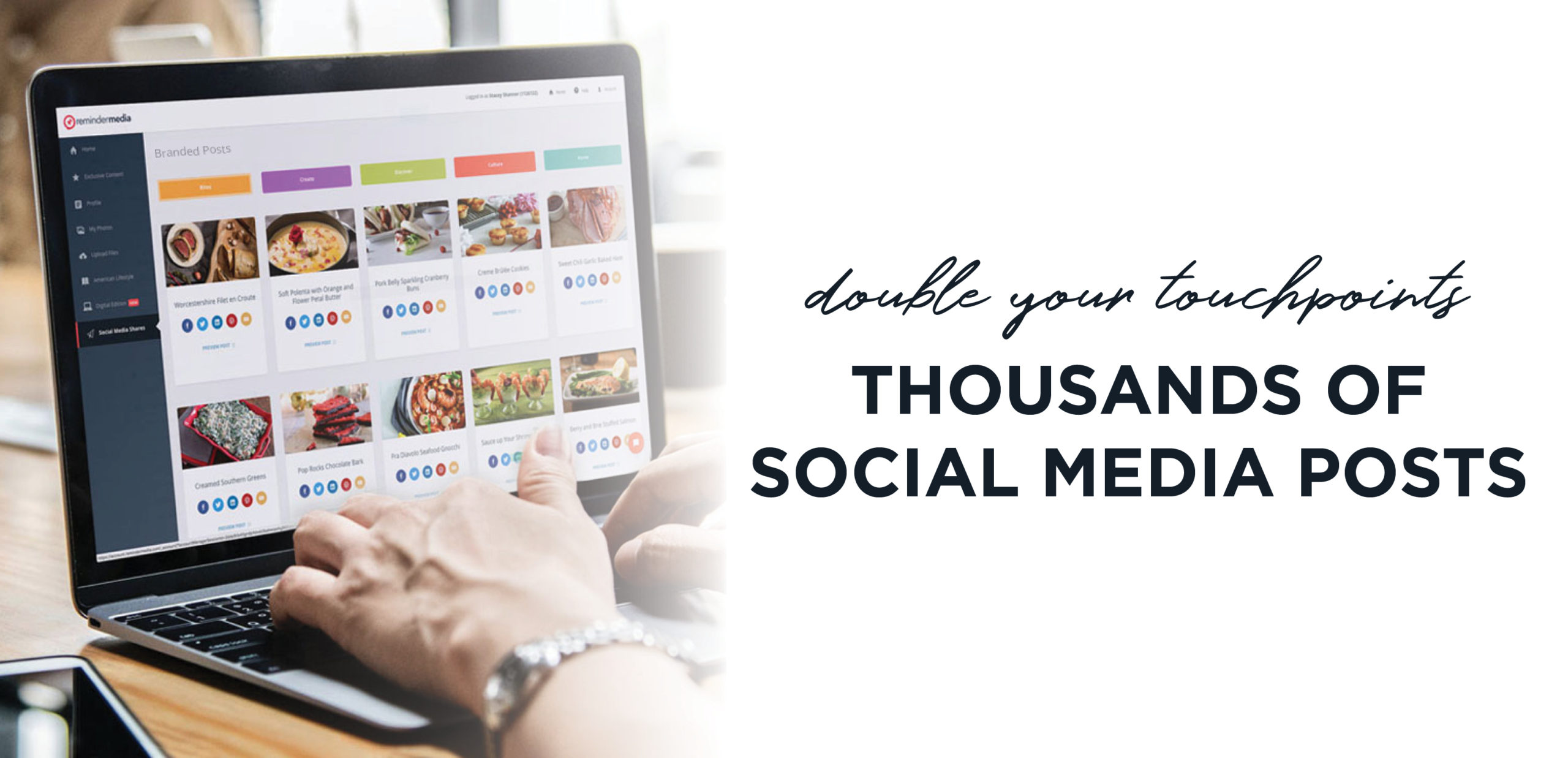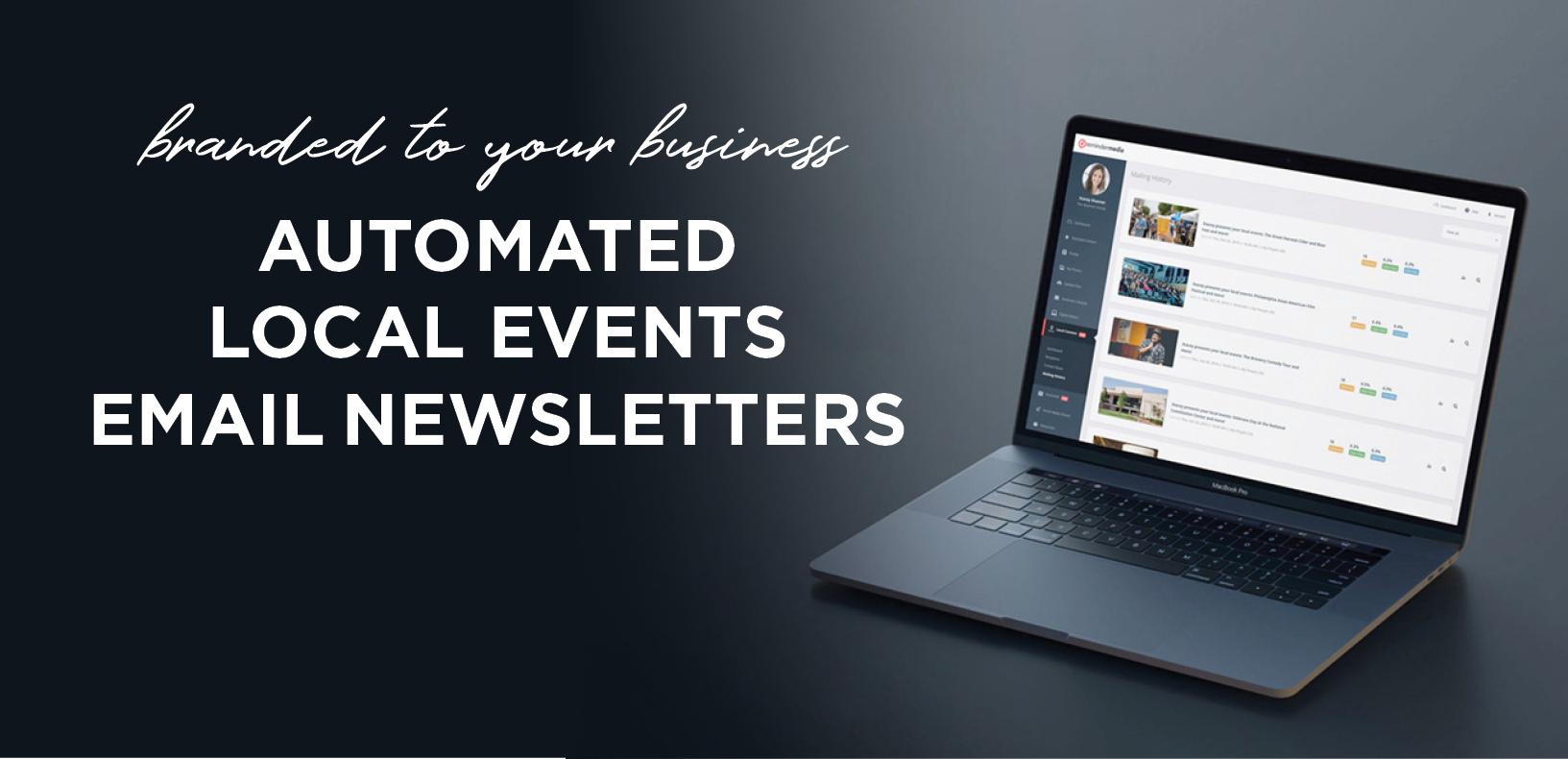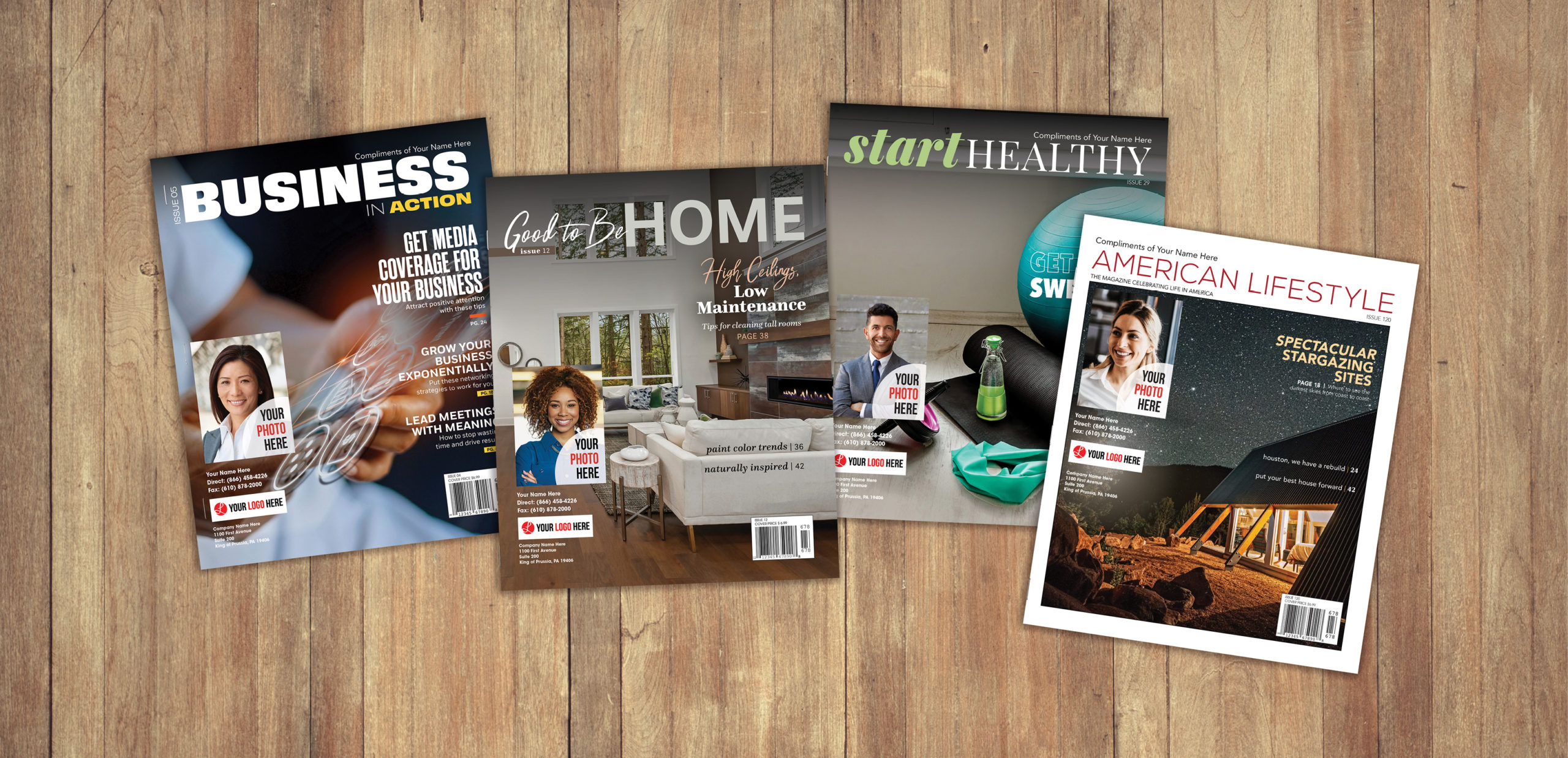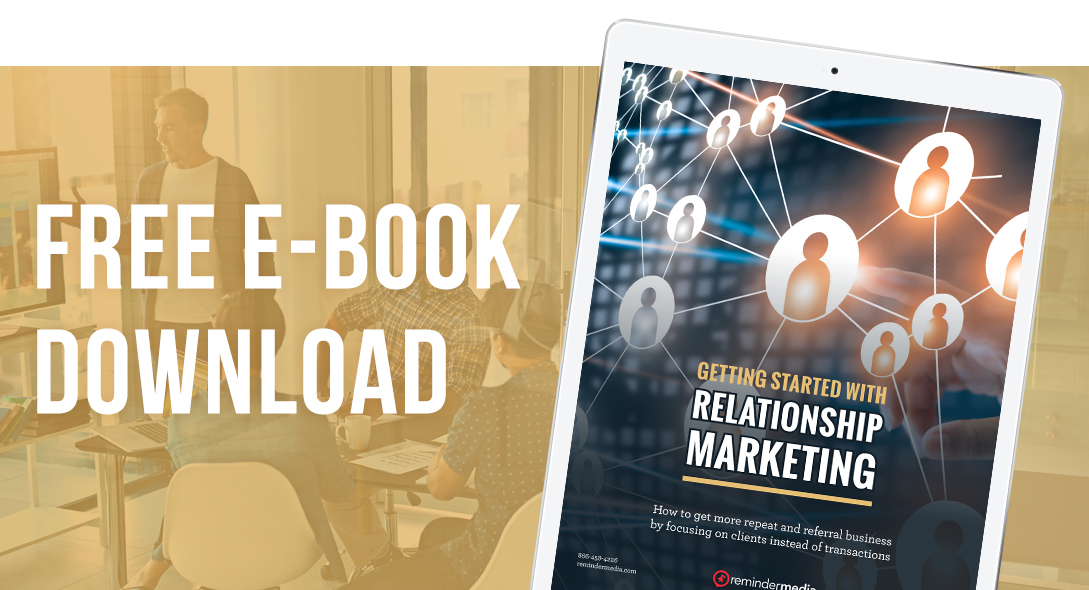If you want to generate more MA leads, stop marketing and start communicating instead
As every Medicare insurance agent knows, the Centers for Medicare & Medicaid Services (CMS) requires agents to adhere to strict rules when marketing Medicare products to eligible beneficiaries. Violations aren’t easily tolerated, and they can result in fines, revocation of licenses, or worse. And unfortunately it can be easy to misstep. Just recently, CMS has:
- Redoubled its efforts to enforce compliance with rules about recording phone calls.
- Reinstated rules demanding reviews of television ads.
- Increased the reach of its “secret shopper” program where officials pose as potential customers.
Oversight and regulation of Medicare marketing are critical because its target audience is vulnerable to fraud and exploitation, but they can make marketing Medicare Advantage Plans tough. Even so, there’s a way you can sell more Medicare Advantage plans without marketing (and it doesn’t involve buying leads.)
The distinction between communication and marketing
Back in 2018, CMS made a distinction between communication and marketing, but Medicare insurance brokers and agents haven’t taken nearly enough advantage of the implications of this distinction—and have left countless numbers of the best Medicare Advantage leads (and referrals) by the wayside.
Per CMS, communication is defined as “activities and use of materials created or administered by the MA organization or any downstream entity to provide information to current and prospective enrollees.” Marketing, on the other hand, is “a subset of communications” defined by its intent and content. Essentially, communication is only marketing if: (1) the intent is to draw attention to a Medicare Advantage plan or influence a beneficiary’s decision regarding selecting or retaining a plan; or (2) it refers to a plan’s benefits, benefits structure, premiums, or cost sharing; measuring or ranking standards; or rewards and incentives.

Medicare regulations make a distinction between marketing and communication that insurance brokers and agents can use to their advantage.
Here’s why this distinction is so important: while marketing materials are subject to review and approval by CMS before they can be distributed, with few exceptions communication materials are not. As long as your “marketing” doesn’t include intent or restricted content, compliance guidelines don’t apply!
The rest of this blog post is devoted to sharing the many ways you can use communication, strictly defined, to market your Medicare business and generate insurance leads effectively.
Share personal information on social media
Social media is meant to be social, and this aspect is especially important when using it to connect with seniors.
While the research on older adults and their use of social media is sparse, at least one study has found that their use of platforms such as Facebook is higher now than ever before. A primary driver of this increased use, especially since the pandemic, is a desire to compensate for the lack of personal interaction (face-to-face and social activity) many seniors experience as they age.
Review your database, and make an effort to connect on social media with your Medicare Advantage clients and their family members.

At least one study has found that seniors use of platforms such as Facebook is higher now than ever before.
Facebook remains the most popular social media platform among older adults, which makes connecting here a priority. As for family members, grown children are often involved in making healthcare decisions for their parents, so they must see you as a trusted resource too. You can reach out to them using a range of social media, including Instagram.
Your goal in sharing personal information on social media is to encourage people to know, like, and trust you. Let your clients and followers see you as more than their insurance agent.
- Share content that reflects your interests. Vacations, holiday gatherings, dinners out with friends, family outings, celebrations, and pets are prime opportunities for taking and sharing photos.
- Post news stories relevant to your audience. As you consume news, consider it from the perspective of an aged population. Then select the stories interesting to them.
- Pass along humorous content your clients will appreciate. Seniors are as varied a group of people as any other, but what they find amusing and entertaining is not likely to be what a younger population might consider funny. Consider your clients’ frames of reference when selecting memes, videos, and other content meant to make them laugh.
- Forward along special deals and events. Working with an older population, you’re probably plugged into several organizations, publications, and other resources that focus their attention on seniors. When you find discounts, promotions, organized activities, and other content intended for the elderly, pass it along by posting it to your accounts. Tag clients in posts that you know will be of specific interest to them.
Using social media to encourage people to know, like, and trust you requires you to be consistent in your activity. It is much better to post regularly at a cadence you can sustain than to post five times a day for a week and then call it quits because you don’t have the time. We help our clients maintain a consistent presence on social media check with our Branded Posts, a searchable library of thousands of posts across a huge variety of subjects.

Branded Posts are easily shared on social media, and you can use our tool to schedule posts weeks in advance. Click here to try Branded Posts FREE for 30 days.
Send a newsletter
Client newsletters are popular among financial advisors and real estate agents because they work so well at keeping their senders top of mind, and there’s no reason for them not to be as equally popular among insurance agents.
You can choose to send a newsletter using traditional mail, but you’ll need to budget for printing and mailing. For several reasons, a better option may be an email newsletter.

When recipients opt in to receive your newsletter, you’ll be certain that those who do will want to receive, read, and enjoy it.
First, not only is an email newsletter more economical, but it can also be more readily shared with a wider audience. Additionally, since you’ll ask recipients to opt in to receive your email, you’ll know that those who do will want to receive your newsletter. Finally, email is popular among the elderly: a 2022 survey by AARP indicates that 89% of seniors engage with email daily.
Being invited into someone’s inbox is a privilege not to be squandered, so to be worthy of a click, your newsletter must exude quality and deliver value. In another blog post, I explain why newsletters are good for business, present ideas for content, detail the elements that make for exceptionally good newsletters, and list a few companies that can create complete newsletters for you or offer templates to create your own. (Don’t let the title of the post dissuade you from checking it out. While initially intended for real estate agents, with a little tweaking the info is equally applicable to insurance agents.)
I won’t kid you—putting together a high-quality, useful newsletter takes time and effort. Assess the resources you have and determine if you can produce something your audience will want to read. Many of our clients decide they don’t and opt instead to use our newsletter product.

Our Local Events newsletter gives your clients access to entertainment with the option to attend live or virtually from the comfort of their homes.
It’s a tastefully designed, biweekly email of hand-curated events that are local to your area and carefully selected for their quality. Especially nice for seniors, we also include virtual events. Each issue is branded with your image, business, and contact information, which remains intact when your recipients decide to share it with others.
Use direct mail
Social media and email newsletters serve their purpose well with the added benefit of giving you two different channels by which you can connect with your clients. This is important since not everyone prefers to communicate in the same way. But while the use of such digital technology is rising among seniors, most digital tools still aren’t user-friendly when it comes to the elderly.
Enter direct mail. Its familiar and tangible nature makes it a highly effective way to engage with seniors.
Send a handwritten note
When it comes to getting someone to know, like, and trust you, a well-crafted, handwritten note is tough to beat. All you need do is reflect on such a note you’ve received to understand their appeal.

The best notes will always be personal. Be sure to handwrite your client notes and include details specific to them.
Perhaps the most typical type of handwritten note to send is a “thank you for your business” note—but that doesn’t mean it’s easy to write. For a quick primer on the structure and content of an appropriate thank-you note, check out “How to Write a Thank You Letter to Clients for Their Business,” a short article that accompanies one of our podcast episodes.
I want to emphasize that the best notes (and the best marketing) will always be personal. You’ll obviously include your clients’ names in your greetings, but you’ll need to do more than that to make the kind of unforgettable impression that wins more business.
Consult your contact database to find a way to include details unique and meaningful to each client you write to. The more specific and personal the reference, the more amazed they’ll be that you remembered—and that’s something they’ll remember!

Gather details about your clients by using the F.O.R.D. method.
Another way a handwritten note will make you unforgettable is if it’s unexpected. It’s still wise to send cards after a transaction, during the holidays, and to recognize a birthday, but sending a note “just because” is a gesture that will most certainly make you stand out from any competitor. Simply let your clients know that you were thinking of them, that you hope they are well, and that they can call you if they ever need help.

Sending clients a note “just because” is a gesture that will make you unforgettable and most certainly make you stand out from any competitor.
Tip: Don’t include a business card with your notes. A business card is a solicitation, and it will ruin the intent of your note, which is to strengthen your relationship with clients. If you think a recipient may have misplaced your information, include it in what you write.
Send a card to five different clients for five days, and you’ll have made a connection with 25 people. If you are fortunate to have a large list of clients, select the ones that are your raving fans or provide you with the most business. By connecting with these top clients three or four times a year, you’ll have done more than most agents.
Send something clients will value
Every year, countless envelopes, flyers, pamphlets, catalogs, coupons, postcards, and more are quickly dispatched to the recycle bin because they offer no value to those who receive them. Finding something that will resonate with an audience, whether it’s a message or a physical object, is every business owner’s constant challenge. Even if they do discover the holy grail, being able to provide that value consistently presents its own test.
We solve this problem for our clients by offering a choice of four personally branded magazines that we automatically mail to their list of clients six times a year.
Each issue is filled with engaging, entertaining, and educational articles that recipients enjoy and appreciate. Their high-quality content and beautiful design ensure that each issue is not only read but also shared and displayed. And because these professional publications are customized with your branding and contact information, you remain within reach and visible from one end of the year to the other, not simply during enrollment periods. You can get a free estimate for your magazine here.
Consistent communication is the key to more renewals and referrals
Regardless of whether you decide to take advantage of any of our products, the key to successfully promoting your services as a Medicare agent is to remain in touch with the people in your database throughout the year. You must stay in front of your contacts because when you lose mindshare, you lose market share.

To become unforgettable, you need to stay in front of your audience. When you don’t, you can easily lose mindshare–and that means losing market share.
By consistently sharing information about topics other than insurance and providing value your contacts can use, you’ll not only avoid running afoul of Medicare regulations but also strengthen your relationships—and as we all know, relationships are the currency of business. Allow your contacts the opportunity to know, like, and trust you, and you’ll garner their loyalty regardless of benefit changes and fluctuations in premiums. And when the opportunity to refer friends and family arises, yours will be the first and only name that comes to mind.




















